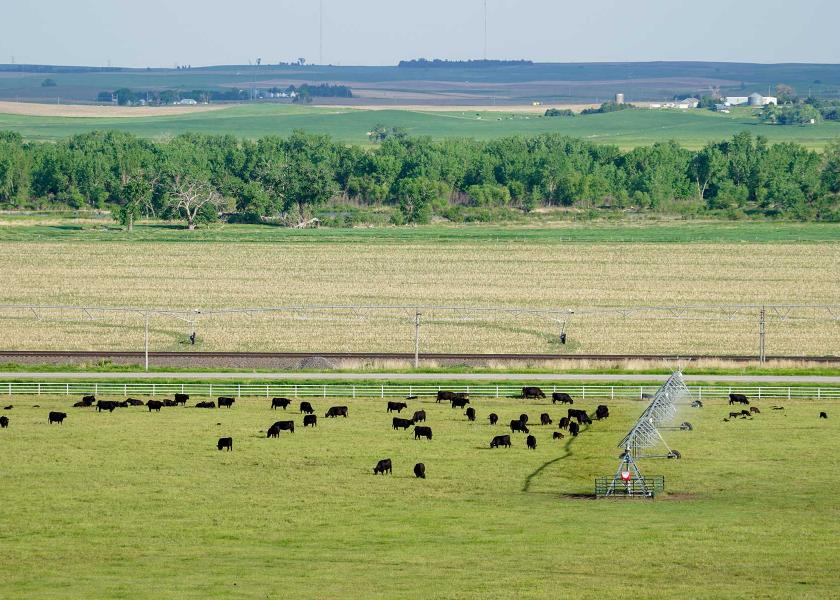Nalivka: Who Wins, Consumer Beef Demand or the Climate Activists?

There is a bit of a dichotomy when reading various articles about important developments in the beef industry. In one camp are those of us talking about significant demand improvement over the past decade and the impact on the financial well-being of the industry going forward. In the other camp are those who are convinced, for the sake of “climate change”, that the beef industry must change or we won’t be around on this planet much longer to consume beef. Bill Gates is a leader in this camp.
I recently read an article that Gates is investing in an Australian company that will produce a supplement for cattle that will reduce cows belching and therefore, their production of methane gas – up to 95% according to the company. While I am not in a position to judge, debate, or comment on that claim, I do think they have quite a task ahead of them if they are to have any impact. In the U.S. alone there are about 89 million cattle (Sterling projection for Jan. 1, 2023) with many on rangelands across the western U.S. The estimated global cattle population is about 940 million and they all belch. This company may have the best of intentions, though perhaps rather ambitious, but I am not sure if they are totally aligned with those of Bill Gates. I believe his intent goes beyond managing cows belching. Methane management by eliminating the source – cattle.
Beyond this supplement for belching, there is the push for plant-derived meats, cell-based meat produced in a lab, eating bugs as a source of protein or simply, the argument about too many resources used to produce beef. While these conversations have increased over the last few years, I am still somewhat hard-pressed to believe that the climate activists will be successful in their quest to get cattle off the planet in the next decade. But, as they say, never say never.
Fortunately, the beef industry has a rather strong following of consumers. That doesn’t mean the challenge presented by the climate activists will go away and it doesn’t diminish the need for the industry to stay on top of the challenge and educate the public about cattle production, beef consumption, and the positive impact of cattle grazing. State Beef Councils do a great job informing the public about beef’s nutritional value as a nearly complete source of protein. In addition, those cattle out grazing to produce protein-laden beef are also a great tool for fire management and overall plant health. A recent study at UC Berkley supported what many of us have known for years - grazing significantly reduces the severity of rangeland fires.
The need for telling beef’s story to the general public, to both beef consumers as well as non-consumers, has become increasingly important and critical to the long-term success or perhaps even survival of the industry. Let’s keep that positive story in front of the public through the media as well as in one-on-one conversations.







